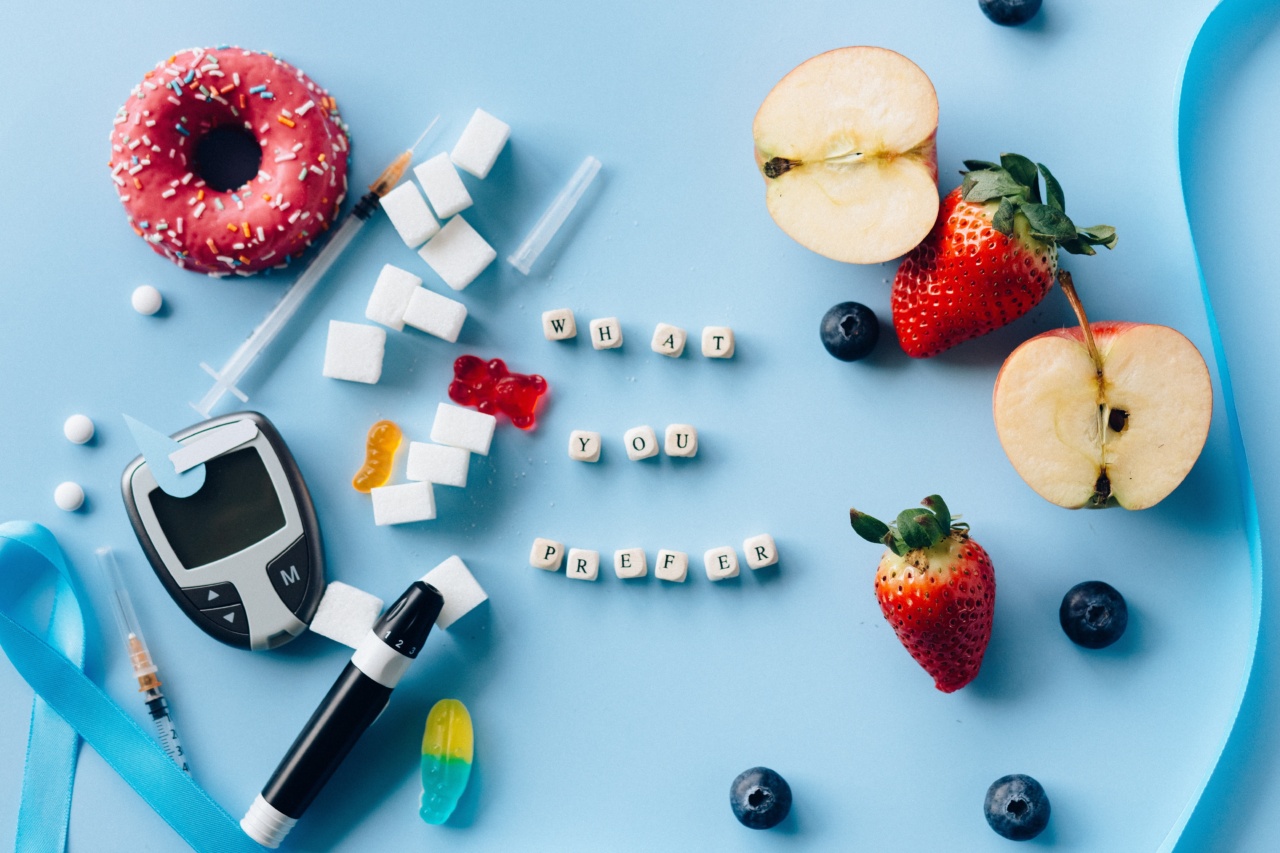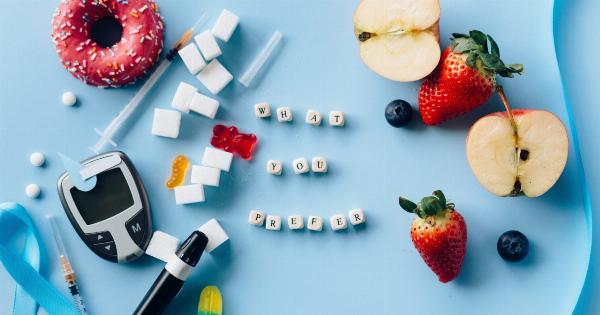Fruits are often regarded as healthy additions to any diet due to their rich nutrient content and natural sweetness.
However, it is essential to be aware that not all fruits are suitable for individuals with specific health conditions, particularly those who need to monitor their glucose and insulin levels. While fruits can be a part of a balanced diet for most people, some fruits have higher glycemic indexes than others and can cause a significant spike in glucose and insulin levels.
This article will explore ten such fruits and their impact on glucose and insulin levels within the body.
1. Watermelon
Watermelon is a refreshing and delicious fruit, especially during the hot summer months. However, it is important to consume watermelon in moderation if you have concerns about glucose and insulin levels.
Although it has many health benefits such as being rich in vitamins, minerals, and antioxidants, it is relatively high in sugar and may cause a sudden increase in glucose and insulin levels.
2. Pineapple
Pineapple is packed with vitamin C and bromelain, an enzyme that aids digestion. However, it contains high levels of natural sugars.
Consuming pineapple can cause a rapid rise in glucose and insulin levels, making it necessary to consume it in moderation, especially for individuals with diabetes or insulin resistance.
3. Mango
Mangoes are loved worldwide for their delicious taste and nutritional benefits. Unfortunately, mangoes are relatively high in natural sugars, which can lead to a significant spike in glucose and insulin levels.
It is recommended to enjoy mangoes in moderation and pair them with protein or healthy fats to help slow down the absorption of sugar.
4. Cherries
Cherries, particularly sweet cherries, are known for their rich antioxidant content. However, they are also relatively high in natural sugars and can cause a rapid increase in glucose and insulin levels.
It is advisable to consume cherries in moderation and pair them with other foods that contain protein, fiber, or healthy fats to mitigate their impact on blood sugar levels.
5. Grapes
Grapes are delicious and convenient snacks, but they are also high in natural sugars. Regular consumption of grapes can lead to a spike in glucose and insulin levels, particularly in those with diabetes or prediabetes.
Opt for smaller portions or pair them with protein and healthy fats to minimize the glycemic impact.
6. Bananas
Bananas are widely consumed due to their convenience, nutritional value, and natural sweetness. However, they are relatively high in sugar compared to other fruits.
While they offer several health benefits and essential nutrients, individuals concerned about glucose and insulin levels should consume them in moderation and choose riper bananas, which have lower glycemic indexes.
7. Pomegranate
Pomegranates are known for their antioxidant properties and potential health benefits. However, they also contain natural sugars that can significantly increase glucose and insulin levels.
To enjoy the benefits of pomegranates without the glycemic impact, try incorporating them into salads or pairing them with protein and healthy fats to slow down sugar absorption.
8. Papaya
Papaya is a tropical fruit rich in vitamins, minerals, and digestive enzymes. However, it contains natural sugars that can cause a rapid spike in glucose and insulin levels, especially when consumed in large quantities.
Moderation is key when including papaya in a diet that aims to manage glucose and insulin levels.
9. Figs
Figs are delicious and nutritious fruits, packed with fiber, vitamins, and minerals. However, they are also relatively high in natural sugars.
To prevent a sudden increase in glucose and insulin levels, it is recommended to consume figs in moderation and pair them with protein or healthy fats.
10. Apricots
Apricots are small fruits that belong to the stone fruit family. They are rich in vitamins A and C, fiber, and antioxidants. However, apricots also contain natural sugars that can raise glucose and insulin levels.
Enjoying apricots in moderation and combining them with protein or healthy fats can help manage their impact on blood sugar levels.


























